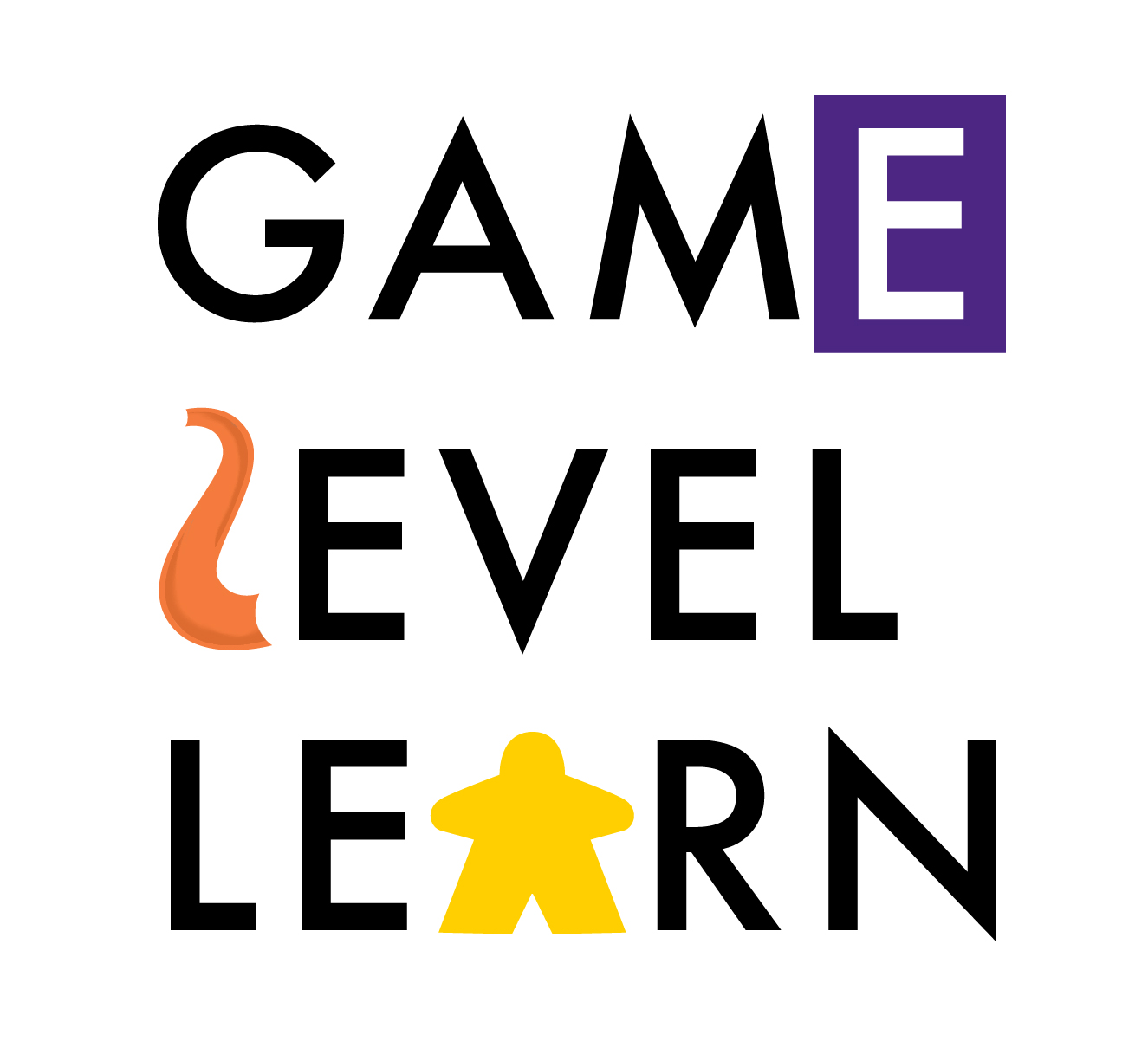51 Mechanics: Trading
/BoardGameGeek (BGG) is a singular repository of gaming information, knowledge and wisdom that has been serving the modern board game hobby since 2000. I consult it regularly and have used its database to manage my own game collection. I also used it when I was writing my 2016 book on gamified instruction, particularly with regard to the game mechanics that BGG identified and organized content into. While there are more than 85,000 games, even now, there are just 51 mechanics. Since every mechanic offers something to the teacher who wants to use games in the classroom, I'm going to use this section of Game Level Learn and my own contributions to it to assess games from each of these 51 mechanics. Next up?
Trading is a classic mechanic, used in games of all sorts from the beginning of the post-WW2 wargames era through to contemporary design. Indeed, the mechanic is so ubiquitous that it can be found in lots of different thematic places. It's a versatile mechanic used extensively because managing trading is almost inherently fun and it engages not just a capacity to understand value and relative value but also the social dynamics of making an effective trade. In some of the exemplar games listed below, the social context of the trade is sometimes more important than the trade itself for game play and fun purposes. This is a great "out of the box" mechanic to help students learn about value.
Bootleggers (BGG Rank: 1127)
In this game, players are rum runners and suppliers of assorted "products" to speakeasy's in Prohibition. Gameplay is pretty straightforward with a number of mechanics in play as you construct your illicit empire. Sufficiently historical in its organization that you might even look into it as an example of how to understand Prohibition.
Catan (BGG Rank: 281)
The best-selling game of the German-design era in modern board gaming, Catan is a classic for a reason. Its gameplay is easy enough for even non-gamers to understand. Its building mechanics are interesting and the dynamic of trading makes the game an exciting contest of trying to determine who is going to come out ahead of the curve as each trade moves resources around the board. A great game to understand the basics of civilization building. I recommend playing it with the Cities & Knights expansion as the best gameplay experience.
Civilization (BGG Rank: 228)
A classic from the days before Catan (the late 70s and early 80s!) in which players take on the role of an ancient civilization in the Mediterranean basin (Egypt, Crete, Assyria and so forth). Starting with just a handful of people, players expand their civilizations throughout the territory of the game board, waxing and waning in power as fate, and calamities dealt from player to player as calamity cards, devastate their societies. This game takes a LONG time to finish and is ultimately won not by how big the civilization is but by how sophisticated its culture is. Fascinating game - great fun, but not for the faint of heart!
Compounded (BGG Rank: 1121)
Compounded is a game that brings to the gamespace some interesting science. This game gives the players the test of making chemical compounds based on resources they have available to them or that have been traded to them. It also takes a bit of luck to be successful. Pretty quick playing, it can give students a sense of how chemical reactions work at a straightforward level.
Mare Nostrum (BGG Rank: 1080)
Another game set in the Mediterranean basin, in Mare Nostrum, players are once again playing civilizations in that part of the world. In this case, players build empires that have access to a very wide variety of resources which are used to build cities, armies and other developments to enhance the likelihood of victory. The trading mechanism in the game is clear, sophisticated and fun.
Cover image from: [https://www.boardgamegeek.com/image/4175509/mare-nostrum-empires]


